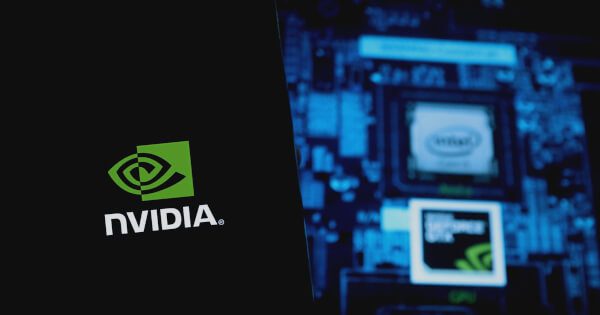Stanford Ph.D. students Chengshu Eric Li and Josiah David Wong are leading the charge in developing robots that can tackle a whopping 1,000 household chores, from the mundane to the marvelous. Their groundbreaking project, BEHAVIOR-1K, is poised to revolutionize the way we approach domestic tasks, leveraging the power of artificial intelligence (AI) and robotics.
Training in a Digital World: NVIDIA Omniverse to the Rescue
A critical aspect of Li and Wong’s research lies in the training methodology. They’re utilizing the state-of-the-art NVIDIA Omniverse platform, a simulated environment that allows for the creation of hyper-realistic scenarios. This virtual world serves as a training ground for the robots, enabling them to hone their skills in a controlled setting before venturing into the real world.
Related Post: Atoma Integrates AI with Sui Blockchain to Empower Developers: Building a New Era of Intelligent dApps
Why Simulation? Advantages Abound
The simulated environment offers several advantages. Firstly, it facilitates extensive testing and refinement without the potential risks and high costs associated with physical prototypes. Additionally, Li and Wong opted to develop a custom simulation engine tailored to their specific needs. This bespoke approach grants them the flexibility to incorporate the complexities of household settings, including an array of tasks and situations the robots might encounter.
From Laundry Folding to Culinary Creations: The Power of AI
Equipping robots to handle household chores necessitates teaching them a diverse range of skills. These tasks can be as simple as folding laundry or as intricate as preparing meals. Here’s where large language models (LLMs) and large vision models (LVMs) come into play. These powerful AI tools significantly enhance the robots’ ability to grasp and interact with their surroundings, resulting in more efficient and successful task completion.
A Glimpse into the Future: Robots as Roommates?
Li and Wong’s project represents a monumental leap forward in domestic robotics. As they continue to refine their creations and expand their repertoire of tasks, we can expect to see a significant transformation in how households function. Imagine a future where robots seamlessly handle chores, freeing up our time and energy for other pursuits.
Beyond BEHAVIOR-1K: The Broader Landscape of AI and Robotics
This development is just one piece of the puzzle in the ever-evolving world of AI and robotics. Advancements in machine learning (ML) and simulation technologies are fueling rapid innovation across the industry. Examples include NVIDIA’s groundbreaking work on LLMs and the creation of AI-powered smart devices like GluxKind’s smart stroller, which leverages the NVIDIA Jetson platform.
The Takeaway: AI Ushers in a New Era for Household Tasks
These advancements underscore the transformative potential of AI in our daily lives. Concepts like robot helpers, once relegated to science fiction, are inching closer to reality. As research progresses, AI integration within households is poised to become increasingly sophisticated, offering a future filled with greater convenience and efficiency.





